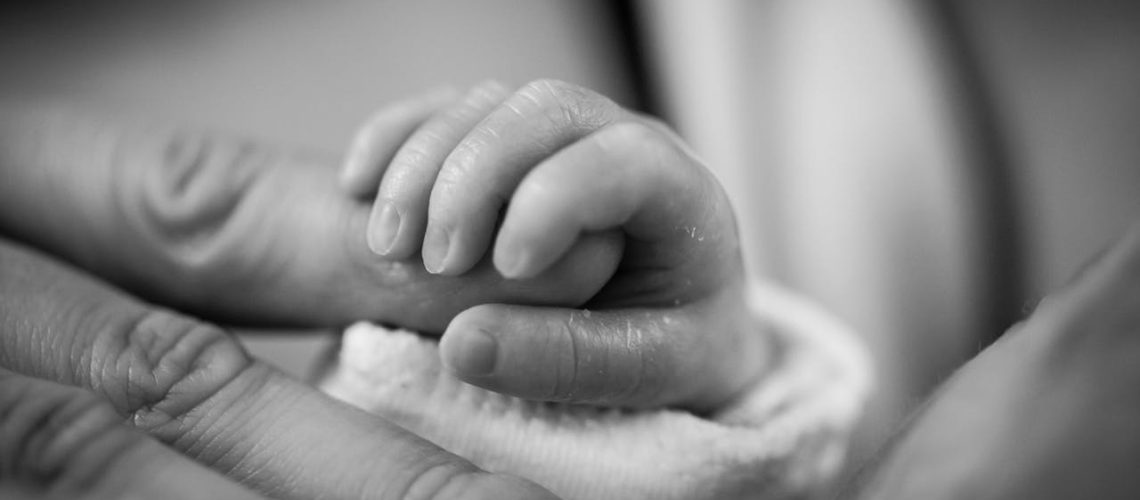The experience of stillbirth or miscarriage brings profound emotional and psychological challenges. For many, these losses involve navigating a grief that is intensely personal and often not openly discussed in society. This silence can sometimes magnify the feelings of isolation and misunderstanding that accompany such heart wrenching experiences.
At Happy Minds Psychology, we recognise the delicate nature of these losses and are deeply committed to supporting individuals and families through these challenging times. Our approach is compassionate and respectful, ensuring that every person’s experience is acknowledged and validated.
Understanding the Grief of Stillbirth and Miscarriage
Grief following a stillbirth or miscarriage is complex and multifaceted.
It can evoke a range of emotions that many find difficult to articulate or share with others. Common feelings include profound sadness, guilt, and a sense of isolation, as the bereaved grapple with what might have been. It is not uncommon for parents to experience waves of grief triggered by reminders or significant dates, or in response to well intentioned but painful comments from others.
At Happy Minds Psychology, we emphasise that each person’s grief journey is unique. While some may find solace in shared experiences, others may tread a more solitary path towards healing. Recognising and respecting this individuality is crucial in providing effective support and understanding.
The Role of Support Systems
The value of a supportive network cannot be overstated during times of such significant loss. Support systems comprising family, friends and professional assistance provide essential comfort and understanding. They act as a buffer against the overwhelming nature of grief and help foster a space where healing can begin.
Happy Minds Psychology plays a pivotal role in offering professional support and counselling tailored to the needs of those affected by stillbirth and miscarriage. Our psychologists are trained to help individuals and families navigate their complex emotions and begin the process of healing at their own pace.
Additionally, joining support groups specifically for stillbirth and miscarriage can be incredibly beneficial. These groups provide a safe environment where experiences and feelings can be shared openly without fear of judgement. They also help reduce the sense of isolation by connecting individuals with others who have undergone similar losses.
By addressing the silent grief of stillbirth and miscarriage openly and compassionately, our psychologists at Happy Minds Psychology aim to provide meaningful support and guidance to those in need. Through our commitment, we hope to lighten the burden of this profound sorrow and foster a path towards healing and recovery.
Coping Strategies for Managing Grief
Managing the intense emotions that accompany the loss of a pregnancy through stillbirth or miscarriage requires a compassionate approach to self-care. Here are some practical coping strategies that may help:
- Mindfulness and Relaxation Techniques: Engaging in mindfulness can help anchor you in the present moment and mitigate overwhelming feelings. Techniques such as guided imagery, deep breathing exercises, and meditation can be particularly beneficial in managing stress and anxiety.
- Journaling and Creative Outlets: Writing down your thoughts and feelings can serve as a powerful tool for processing grief. Creative activities like painting, music, or crafting can also provide therapeutic outlets for expressing emotions that might be too difficult to verbalise.
Navigating Relationships After Loss
The impact of a stillbirth or miscarriage can ripple through your relationships, altering dynamics with partners, family, and friends. Here’s how to navigate these changes:
- Communicating Needs and Feelings: It’s essential to openly communicate your emotional needs to those around you. Letting your loved ones know how they can support you is crucial during this time.
- Importance of Therapy: Couples therapy or family counselling can be instrumental in helping everyone understand and process the grief collectively. These therapies provide a space to explore emotions safely and can help strengthen relationships strained by loss.
When to Seek Professional Help
Recognising when grief has become unmanageable is crucial for recovery. Here are some signs that professional psychological support might be needed:
- Persistent feelings of sadness or depression that don’t seem to improve
- Difficulty performing daily activities or responsibilities
- Withdrawal from social interactions
- Intense and prolonged periods of emotional numbness or confusion
At Happy Minds Psychology, our psychologists are equipped with specialised therapy approaches tailored to help those grieving a stillbirth or miscarriage. We offer a supportive and confidential environment where you can explore your emotions and begin the healing process.
Reaching Out for Support
The journey through grief is personal and unique, but you don’t have to navigate it alone. At Happy Minds Psychology, we are here to provide the support and understanding you need during this difficult time. We encourage you not to carry this burden by yourself but to reach out for help.



